
“How are you?” It is a simple question I get in daily messages from my friends – Kenyan, Nigerian, Turkish, British, Jordanian, Iranian and Moroccan. While it may seem like an ordinary question for friends to ask each other, I feel they use it as a way to reassure themselves that I am still alive.
I understand why they are doing it but every time I see a message with this question, I find it hard to answer.
How am I, when I keep thinking of my home which I left in panic on the second day of the genocide? How am I, knowing that the place I spent years building with my husband has been obliterated by an Israeli air strike? How am I, remembering the images I saw in media reports showing just a pile of rubble where my home used to stand, where so many sweet memories were made?
How am I, as my dreams of completing my PhD lies under the rubble of my home? How am I, when I hear my little girl crying and asking me what happened to her toys? How am I, when I see my older daughter lose her hope for an education just when she was about to start high school? How am I, when I see my sons, who used to go to the gym every day, going into despair, having lost their dreams of becoming sports stars?
How am I doing, as I remember that I have lost all research papers I ever wrote in the rubble of my home? How am I doing, thinking of every book I bought to create a beautiful library for my children? All are now gone.
How am I doing, while I live in a tent that has been repeatedly flooded by the rain and invaded by insects? How am I doing, while I constantly worry about my children’s health in a place where the most basic of healthcare and the most basic of medicines cannot be found? How am I doing, knowing my children are not eating nutritious food? How am I doing, knowing that for a year now we have been eating canned food, that we have forgotten the taste of meat and fish?
How am I doing when I spend hours on end hand-washing clothes and dishes? How am I doing when I see my children running after the water truck? How am I doing, worrying about how to keep things clean as the price of soap reaches insane levels? How am I doing while I wonder what my children will wear in the winter and how I will keep them warm?
How am I doing, while I look for a place to charge my phone so I can complete my work? How am I doing, struggling to write on my phone whole texts? How am I doing, trying to find the strength to do storytelling amid a genocide? How am I doing, while I walk long distances in search of a good internet connection, to check on relatives and make sure they are OK?
How am I, as I go through the lists of martyrs and the missing, fearful I may discover a name I know? How am I, dealing with the loss of so many of my relatives and neighbours? How am I, amid all this pain and all this fear of what will happen to us tomorrow? How am I, while I gather the children of the tent camp around me to tell them stories, in a desperate attempt to open a window of hope for them and for myself?
How am I? It is a daily question I cannot answer. Perhaps I need a dictionary to help me find an accurate description of how I feel amid a genocide.
Outside Gaza, “How are you?” is a simple question that does not require much thought to answer because people have the human right “to be”. Inside Gaza, we do not know where human rights have gone.
Everywhere we turn, there is the sight and smell of death. Everywhere we go, there is rubble, garbage and sewage.
I worked hard for many years to raise my children and give them a role model of a strong, independent woman to look up to. Unfortunately, now I have lost my strength. Amid this genocide, I do not have the ability to answer even a simple question: How are you?
The views expressed in this article are the author’s own and do not necessarily reflect Al Jazeera’s editorial stance.


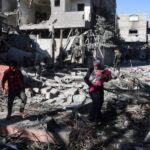

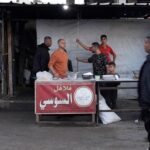
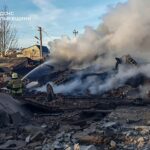
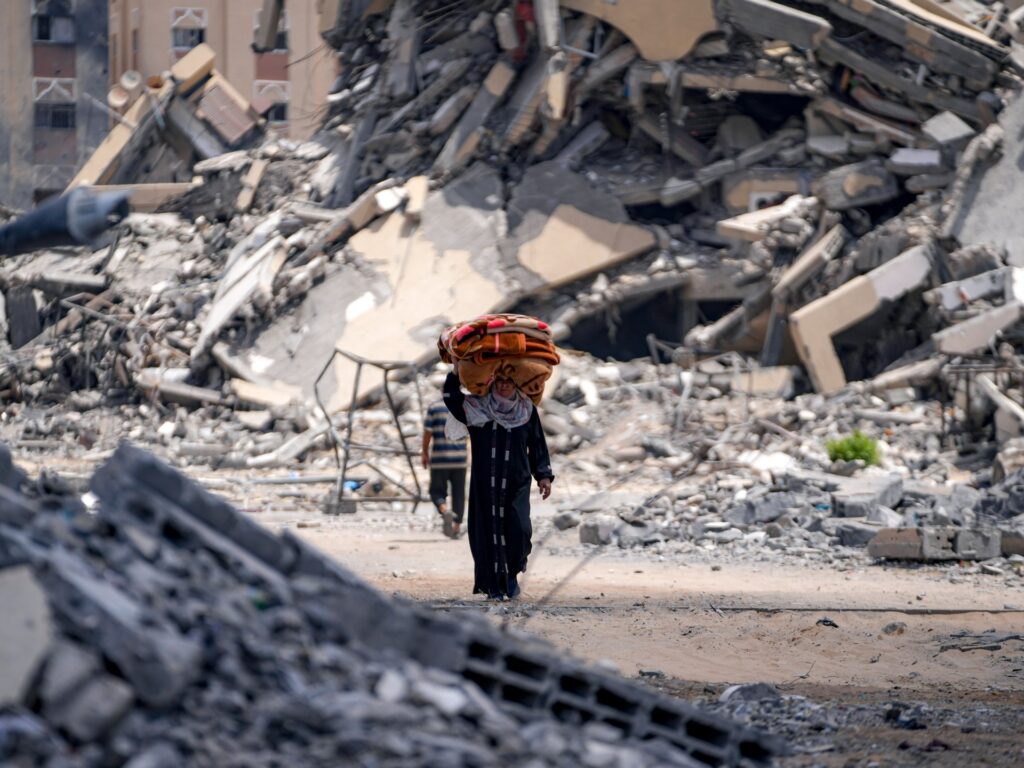
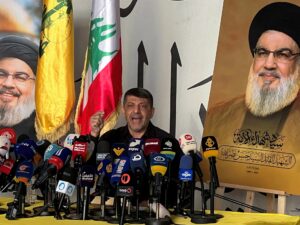
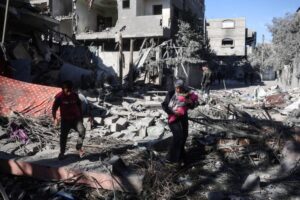

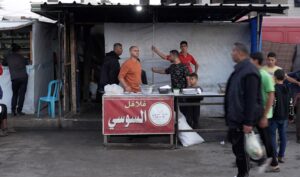
More Stories
Israeli strike on Beirut building kills Hezbollah spokesman
Israel bombs residential building in north Gaza’s Beit Lahiya, killing 50
Video: War has reduced one of Gaza’s best-loved restaurants to a food kiosk